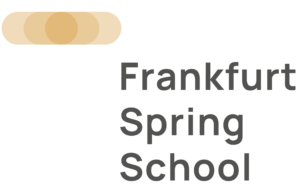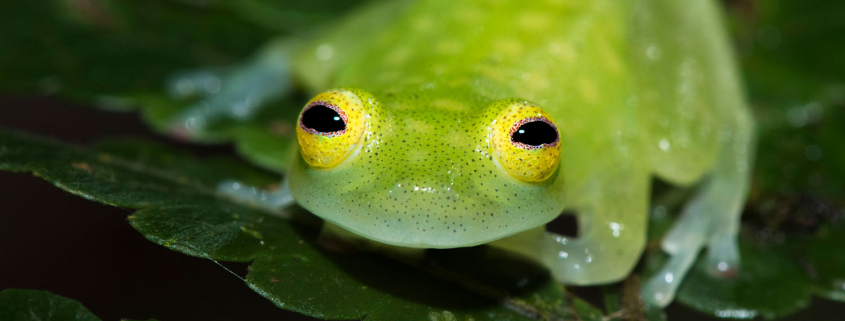In which scholar project would you like to work?
Today, this year’s KfW Foundation scholars pitch their project proposals. Good luck to all of them. A lot of hard work went into the project proposals before, during and after the four weeks of Spring School. While we await the decision on this year’s winners, you can test yourself: Which of the projects matches your conservation interests the most?
Our quiz has five questions. Make sure to note down the number of the answer you selected for each question. That will be essential for the outcome of the game!
A. Which challenge in nature conservation interests you the most?
1. Conversion of natural habitat for agriculture.
2. Deforestation as a result of illegal mining.
3. Endangered species suffering from habitat loss.
4. Endangered species threatened by poaching.
5. Human rights violations.
6. Deforestation due to population growth.
B. Which component in nature conservation is important to you?
1. Promoting sustainable agriculture and forest management in local communities.
2. Monitoring forest cover to detect illegal deforestation.
3. Re-introduction of endangered species.
4. Monitoring wildlife.
5. Assuring human rights and law enforcement.
6. Assuring sustainable livelihoods of local communities and connectivity between habitats.
C. What’s your favourite species?
1. Maned wolf – is it a fox? Is it a wolf? Neither!
2. Jaguar – gotta love big cats.
3. Orangutan of course!
4. Can’t really decide between black rhinos or elephants – both are awesome.
5. Bonobo and elephants.
6. Chimpanzees – our closest relatives!
D. Which tools and methods would you like to apply while working in a conservation project?
1. Smart strategies to promote sustainable local products and collaborations between communities.
2. Unmanned Aerial Vehicles (“drones”) and maps.
3. Telemetry and behavioural observations.
4. Camera traps and habitat assessments.
5. New communication mechanisms with the local community.
6. Beekeeping, microfinance and wildlife corridors.
E. In which country would you like to work in the field of nature conservation?
1. Brazil.
2. Guyana.
3. Indonesia.
4. Zambia.
5. Congo.
6. Tanzania.
Did you remember to write down the number of each answer? Have a look to see which number you selected the most. This indicates which project from this year’s KfW Foundation scholars suits you best:
Project 1: Sustainable use of socio-biodiversity in the Brazilian Savanna, Cerrado, Brazil by Carolina Siqueira
Project 2: Using Fixed-Wing Unmanned Aerial Vehicles (drones) to enhance the monitoring activities across Guyana’s National Protected Areas System, Guyana by Timothy Babb
Project 3: Improvement of monitoring and evaluation standards of reintroduced sumatran orangutan in the Bukit Tigapuluh Landscape, Indonesia by Andhani Hartanti
Project 4: Assessing the impacts of the increasing elephant population on the rhino sanctuary in North Luangwa National Park, Zambia by Issah Mulilo
Project 5: Support for the implementation of the complaints management mechanism against abuses by eco-guards of the Salonga National Park, DR Congo by Hervé Kimoni
Project 6: Livelihood improvements in the wildlife corridor villages, Tanganyika District, Tanzania by Regina Domonko
Authors: Dafna Gilad and Vera Pfannerstill.
P.S.: The frog in the top image is a glass frog (Hyalinobatrachium crurifasciatum), photographed near the Jordan Falls in Kanuku Mountains Protected Area, Guyana by Daniel Rosengren.


 Jeldrik Schröer / FZS
Jeldrik Schröer / FZS KfW Foundation/Ruben Armbruster
KfW Foundation/Ruben Armbruster